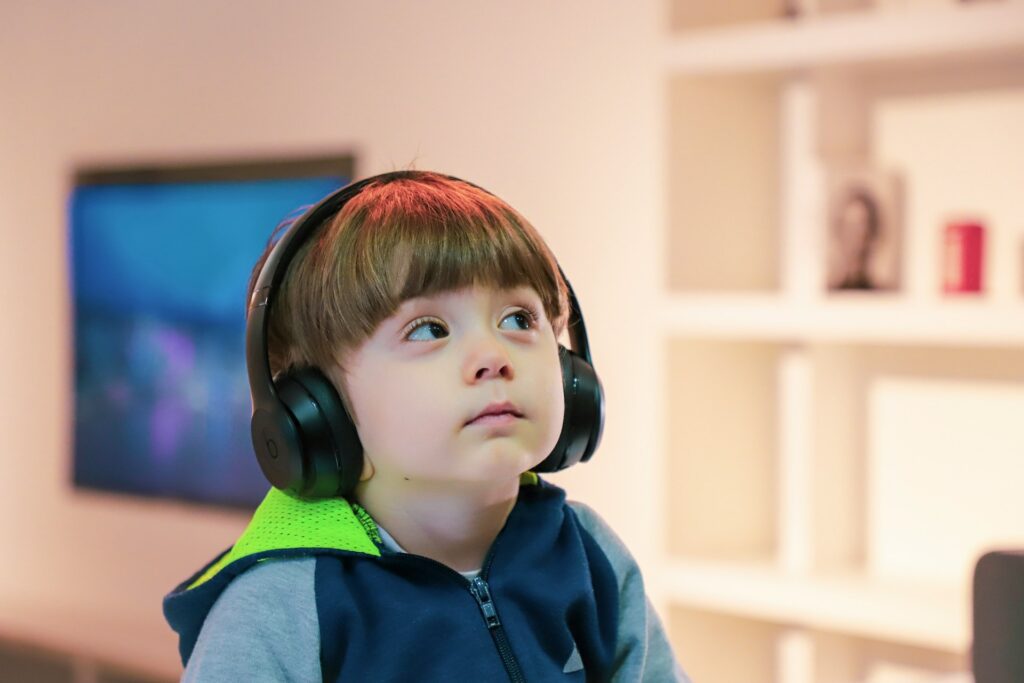Understanding what cognitive assessments mean for your child’s education can feel overwhelming. These assessments play a crucial role in identifying the unique strengths and areas where your child may need support. By evaluating how children think and learn, cognitive assessments help shape the educational strategies that best meet their individual needs. Parents and educators can work together, armed with these insights, to create a learning environment where every child can thrive.
Cognitive assessments are a significant part of understanding how a child processes information. Imagine you have a toolbox full of different tools. Each tool helps accomplish a specific task. Similarly, every child has a set of cognitive skills like attention, memory, and problem-solving. By identifying the strengths and challenges within these skills, educators can better accommodate each child’s learning journey.
Understanding Pediatric Cognitive Assessments
Cognitive assessments might sound complex, but they’re really about getting to know how a child’s brain works. These assessments measure things like how a child thinks, remembers, and solves problems. They’re important because they give parents and teachers a clearer picture of a child’s abilities and challenges.
Why do we do these assessments? They’re conducted to help craft the right learning environment. Just like you’d want to wear the right shoes for a long hike, schools want to give kids the right tools and strategies for learning. By understanding a child’s thought process, schools can make plans that truly fit each student.
Pediatric cognitive assessments test several areas:
– Attention: Can the child focus on tasks without getting easily distracted?
– Memory: How well does the child remember things they’ve learned?
– Problem-Solving: Can the child work through and solve different types of problems?
– Language Skills: How well does the child understand and use words?
When results from these tests are available, they help create a detailed map of a child’s cognitive abilities. This map is crucial for designing effective educational plans. Parents often play a vital role by discussing these results with teachers and specialists, ensuring every aspect of their child’s learning is covered. As we delve deeper into these topics, parents can find reassurance in gaining valuable insights that directly contribute to their child’s educational success.
How Cognitive Assessment Results Are Interpreted
Once the cognitive assessment is complete, the results reveal a detailed picture of a child’s unique learning and thinking profile. Professionals, such as psychologists or specialized educators, break down these results into different components. They look at various areas, like attention, memory, and problem-solving skills, to understand how these abilities work together in the child’s learning process.
When interpreting these results, professionals consider both strengths and challenges. They might notice, for instance, that a child excels at problem-solving but struggles with maintaining attention during tasks. Understanding this blend of abilities helps guide recommendations for educational plans that cater to a child’s specific needs.
Parents play a significant role in this process. By engaging in discussions with specialists, they can gain clarity and ask questions about the results. This collaborative effort ensures that everyone involved is on the same page, making it easier to develop supportive strategies for the child’s education.
Implications For Your Child’s Education
Understanding the results of a cognitive assessment is a step towards constructing a tailored educational journey for your child. These results can significantly impact how educational plans and support structures are designed. When specialists identify areas that require support, they can recommend targeted strategies that aim to strengthen those skills. For example, if a child struggles with attention, educators might suggest incorporating short, focused activities to gradually build the child’s concentration.
Possible accommodations might include extra time on tests or assignments, or using visual aids to support learning. Such strategies help ensure that a classroom environment is inclusive and responsive to each child’s needs. Schools might also use technology, like educational apps or interactive tools, to engage children based on their abilities and preferences.
When parents understand these implications, they can work closely with schools to develop individualized learning plans. These plans set clear goals and outline the steps needed to achieve them, ensuring that the educational experience is as effective and enjoyable as possible for the child.
Tips for Parents
Preparing for a cognitive assessment requires a thoughtful approach. Here are some tips to help parents navigate this process effectively:
– Prepare Your Child: Encourage your child to see the assessment as an opportunity to showcase what they know. Explain the process in simple, reassuring terms so they feel comfortable.
– Collaborate with Educators: After the assessment, discuss the results with your child’s teachers. Their insights can help translate assessment findings into practical classroom strategies.
– Support Development at Home: Use the assessment results to guide activities and routines that bolster your child’s learning at home. If attention is a challenge, consider structured games that gradually increase the demand on focus.
Guiding Your Child’s Path Forward
Comprehending cognitive assessments allows for continuous monitoring of your child’s progress over time. Regular assessments can offer updated insights, making it easier to adjust educational plans as needed. These insights ensure that your child remains on the right path, helping to unlock their full potential.
A commitment to understanding and supporting cognitive development is key to guiding your child through their educational journey. As parents, you are instrumental in advocating for your child’s needs and making sure they have access to the resources and support that will help them succeed. By remaining actively involved, you foster an environment that values growth and learning, one step at a time.
Navigating your child’s educational journey is no easy task, but understanding their cognitive strengths and challenges is crucial for success. To learn more about how a pediatric cognitive assessment can guide tailored educational support for your child, visit Behavioral & Educational Solutions P.C. Our team in Silver Spring, MD, is dedicated to providing personalized strategies that address your child’s unique learning needs.





